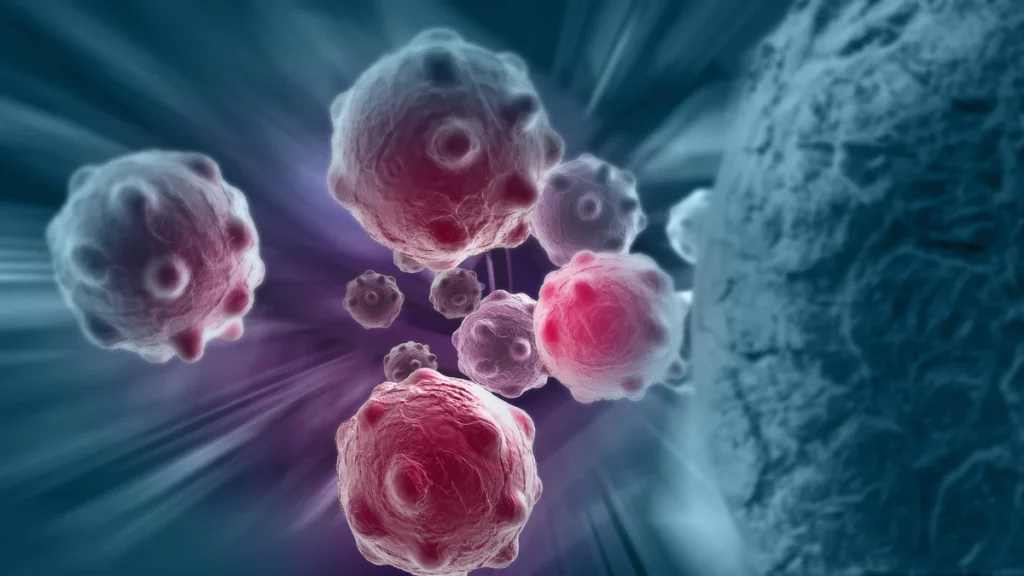What are free radicals?
A free radical is a highly reactive compound that releases excess energy. These compounds are present in the human body and occur during normal metabolic reactions, and may also enter in from the environment. Free radicals can come from the sun, solar flares, x-rays, cigarette smoke, alcohol, exhaust, chemicals and the ozone.
Free radicals interact with chemicals in your body, preventing normal cell functions, which can lead to many problems and can lead to cancer and heart disease.
To be able to prevent the damage caused by free radicals, you need to have enough antioxidants in your body to fight them back.
Free radicals damage the body by a process called oxidation (which means to lose electrons), which makes them unstable. Antioxidants give up one of their electrons to the free radicals, to stabilise them and therefore neutralise them.
Important free radicals facts
- Antioxidants scavenge for free radicals and either prevent, neutralise or kill them
- Free radicals are damaging to health and even cause premature ageing
- Free radicals can cause permanent damage to the cells of the body and can even mutate DNA which is how cancer forms
- Free radicals change the structure of LDL cholesterol, making it even more sticky and dangerous, thereby enabling it to clog arteries even more
- Many plants naturally produce antioxidants, which are very beneficial for preventing damage from free radicals
Why free radicals are important
People who are exposed to environmental free radicals (pollution, chemicals, cigarette smoke, excessive sun, heavy metals) should supplement their body’s antioxidant levels to protect the body cells from more damage.
Antioxidants are naturally available in all plant foods (especially fruits, vegetables, but also grains, seeds, legumes) and consuming enough of these each day will go a long way to protecting the cells in the body and reducing the level of free radicals in the body.

